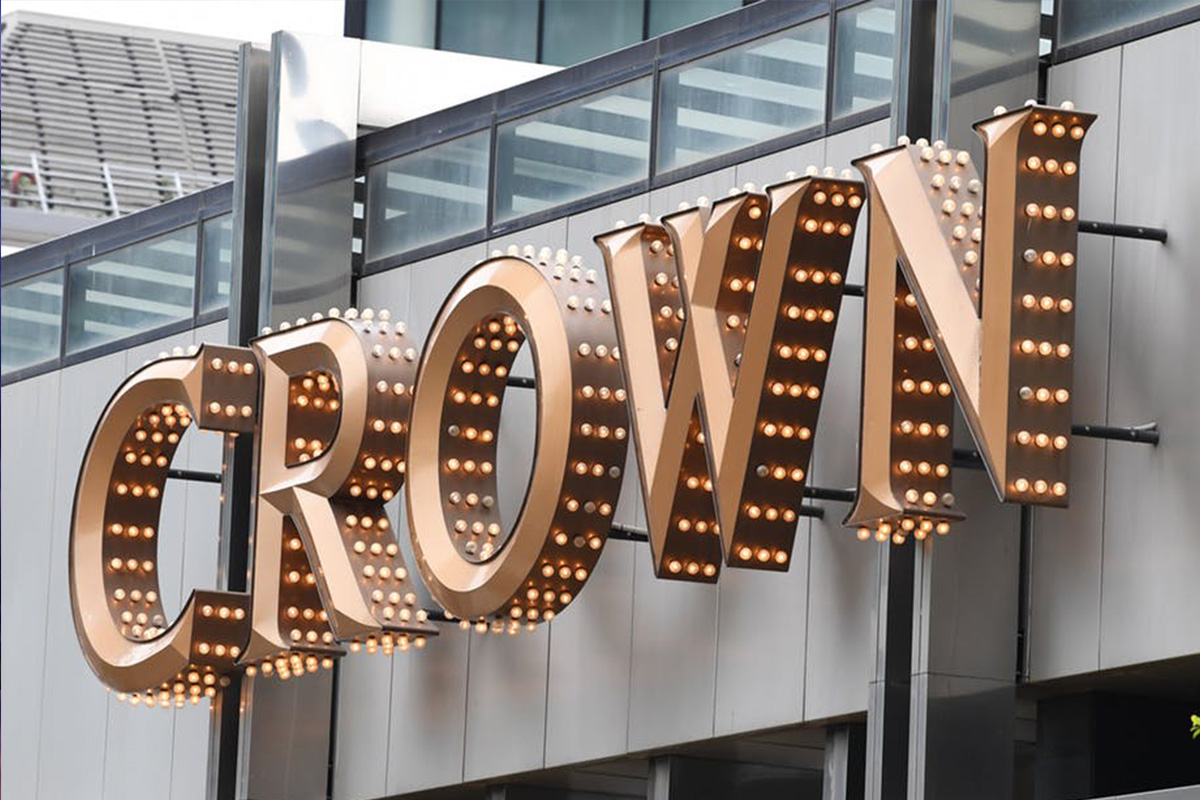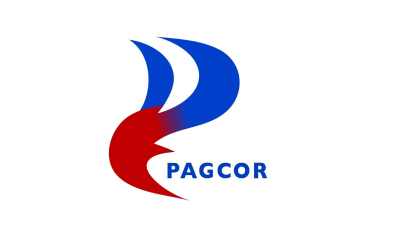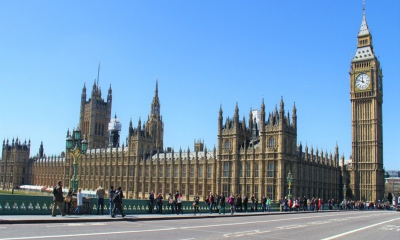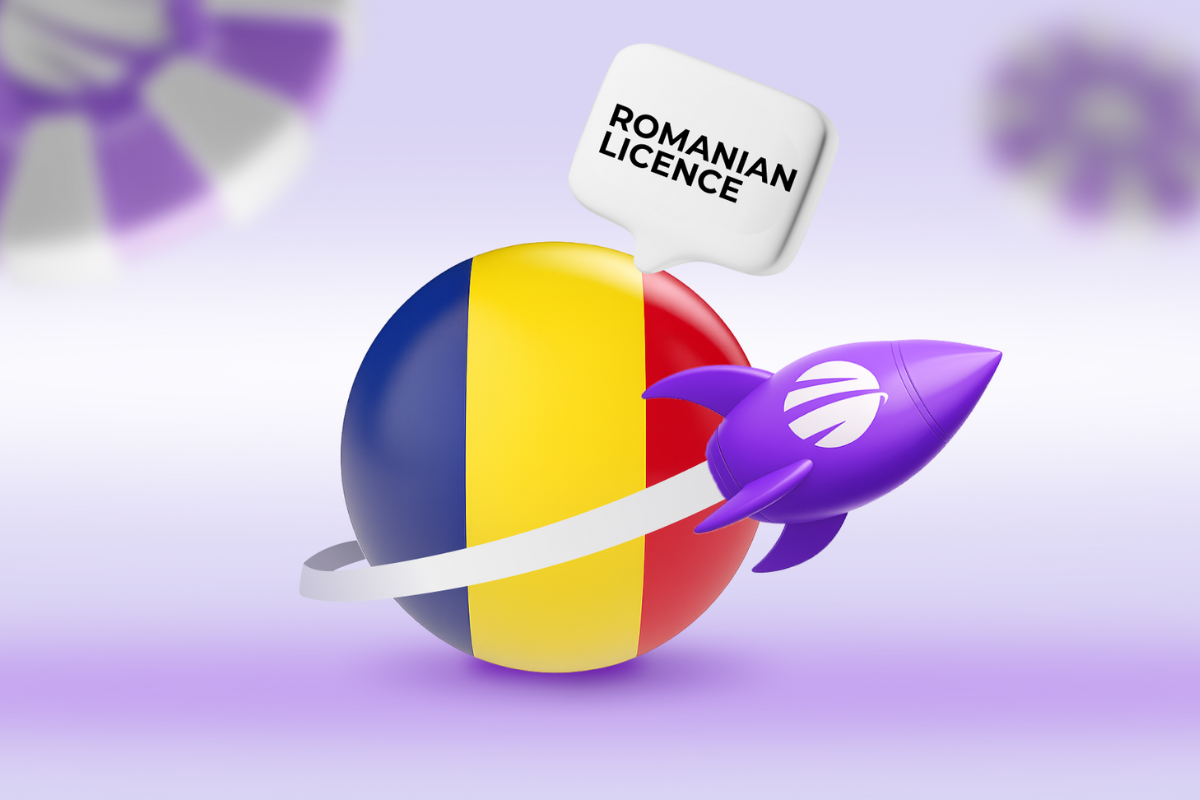Australia
VCGLR recommends responsible gambling provisions for Crown Casino

The Victorian Commission for Gambling and Liquor Regulation (VCGLR) has released its sixth review of Crown Casino’s operations, offering a slew of provisions for responsible gambling. Overall, the review provides 20 recommendations. Out of which 11 pertain to the provision of “responsible gambling.” The review indicates that Crown lagged behind in community expectations.
The review arrives at a bad time for Crown Casino. Earlier this year, a whistle-blower accused the casino of misconduct, including providing gamblers with a “pick” to jam poker machine buttons in place. And following another allegation of machine tampering, the VCGLR fined Crown AU$300,000. This was a historically high fine.
Another recent whistle-blower case concerned Woolworth’s subsidiary ALH, Australia’s largest gambling machine operator. Earlier this month, ALH admitted that patrons were “spied upon” and provided with inducements to continue gambling.
The idea of “responsible gambling” is at the core of both these cases.
What is responsible gambling?
Responsible gambling has been a cornerstone of government gambling policy since at least the 1990s. The concept was a gambling industry invention, developed as gambling was legalised and expanded globally. It allowed the industry to circumvent stricter regulations in response to the harmful side effects associated with the spread of gambling. This has been a wildly effective strategy for the gambling industry, but largely ineffective in terms of minimising harm.
Responsible gambling is largely implemented via codes of practice, required in all Australian casinos, pubs and clubs and many other jurisdictions. These require gambling operators to provide warning signs and intervene when someone shows signs of harm, among other measures.
Other responsible gambling regulations impose limits on game offerings. This is especially so with electronic gambling machines (EGMs, or “pokies”). In most Australian states, the maximum bet in a pub or club pokie is A$5. There are other pokie restrictions, as well, such as the load-up (the amount of money that can be inserted at one time) and the speed at which individual bets can be placed (generally every two to three seconds).
But in research I’ve conducted with other academics, we’ve found little evidence that responsible gambling measures are effective.
This is partly because of recent public health research showing that, even with responsible gambling measures in place, gambling harm remains a serious problem. This is partly because gambling mechanisms are ubiquitous in Australia, and partly because responsible gambling measures are unconcerned with preventing harm. At best, these measures act as an ambulance at the bottom of a cliff – not the fence at the top.
As with alcohol, the “responsibility” for over-consumption is generally offloaded by the gambling industry onto consumers. The industry argues that problems affect only a tiny minority, and are a result of flawed individuals who cannot control themselves. Exposure to gambling itself is not considered a cause.
However, recent research in Victoria demonstrates that the harm associated with gambling is of a “similar order of magnitude” as major depressive disorders and alcohol misuse. The social costs of gambling, including family breakdown, relationship problems, domestic violence, and emotional and psychological distress, depression and suicide, are estimated at nearly A$7 billion per year in Victoria alone.
Another recent study found that on average, every “problem gambler” affects six other people in his or her life. Every “moderate-risk” gambler impacts three others. Even “low- risk” gamblers affect one other person.
Thus, the costs and effects of gambling harm are much more widespread than the gambling industry or government concedes. This has also been corroborated by recent research in the UK.
Contradictions between practice and law
Responsible gambling measures were intended to address these social costs, but research shows that some “codes of practice” are rarely enforced and often ignored. ALH has also admitted this is true.
Even more troubling is that Crown is permitted by Victorian law to allow patrons to play pokies in “unrestricted” mode at its casinos. This means gamblers can bet unlimited amounts, at unlimited speed, and on “autoplay.” (The “unrestricted” mode is banned outside casinos.)
Considering the law also requires Crown to pursue “responsible gambling” regulations, the contradiction is quite striking.
There are other contradictions. In its casino review, VCGLR recommended more staff, with time to actually intervene, when patrons display signs of harmful pokie use. However, using the “unrestricted” mode allowed only at Crown would be a clear sign of harmful gambling.
Source: theconversation.com
-

 Africa7 days ago
Africa7 days agoGhana’s NLA Introduces New Sticker to Clamp Down on Illegal Lotto Operators
-

 Asia6 days ago
Asia6 days agoPAGCOR: Online Gaming fuels nation-building, but illegal sites pose risks
-

 Africa7 days ago
Africa7 days agoRise & Hustle partners with Altenar to power its new sportsbook offering
-

 Central Europe7 days ago
Central Europe7 days agoCT Interactive Announces Strategic Partnership with Ecasino
-

 Latest News7 days ago
Latest News7 days agoCasino Playa de las Américas Implements JCM’s ICB Technology
-

 Eastern Europe7 days ago
Eastern Europe7 days agoDigitain Strengthens Romanian Market Presence Through KingCasino Partnership
-

 Compliance Updates7 days ago
Compliance Updates7 days agoElizabeth Varley, solicitor at licensing law firm Poppleston Allen, shares a handy refresher on the UK’s statutory levy, including the who, how much, why and how to pay
-

 Conference7 days ago
Conference7 days agoBetConstruct to Participate in SBC Summit Lisbon 2025
















